Tomato Farming with the Help of Seawater and Sun

💡 Want more business insights? Stay ahead of the curve with our exclusive updates!
👉 Join our Telegram channel for daily business ideas and expert tips.
👉 Follow us on Facebook to never miss a trend or update!
Don’t just read—connect, grow, and innovate with us today!
Project Implementation
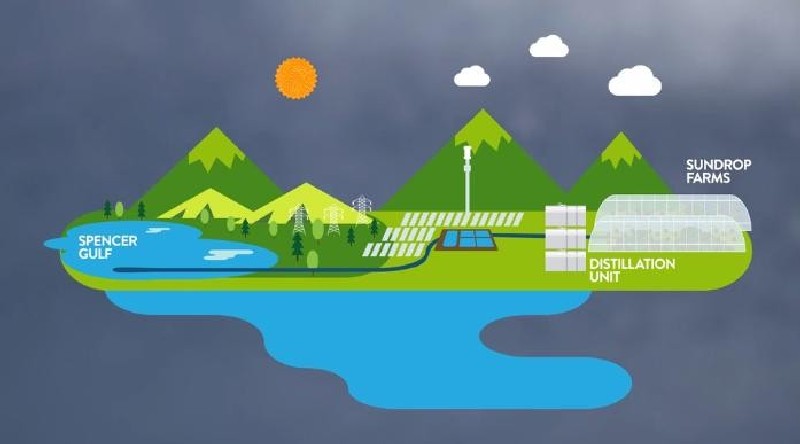
Sundrops Farms is the first venture that does not rely on pesticides, groundwater, non-renewable resources, etc., for vegetable cultivation. The project's initial trial took place in 2010 with a small greenhouse, gradually expanding to encompass 21,000 hectares. Currently, it yields 18 tons of tomatoes annually.
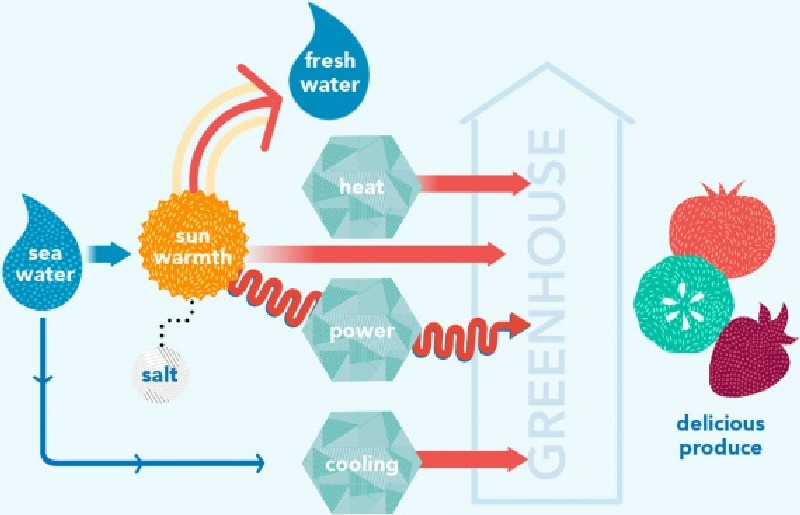
Sundrops Farms operates on a straightforward principle. The complex extracts seawater from the bay, desalinates it using specialized units powered by a solar thermal plant, and incorporates proprietary micronutrients into the purified water, maintaining this formula as a "trade secret." The substrate for growing tomatoes consists of coconut husks, an ecologically clean and fully renewable resource.
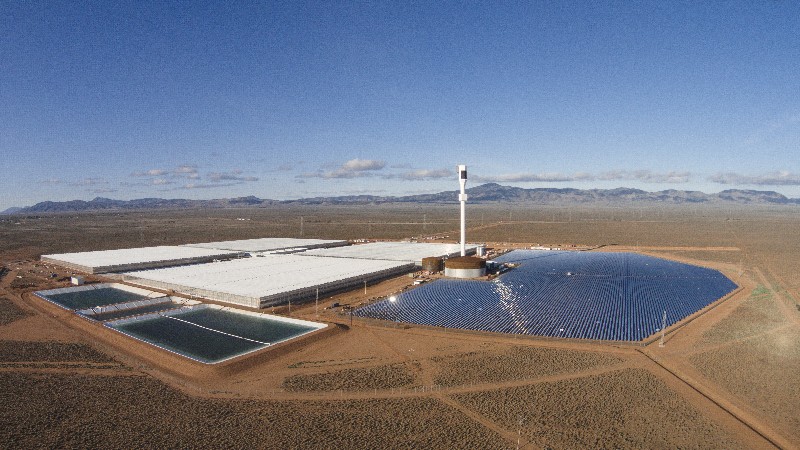
By passing seawater through designated air filters during desalination, all harmful insects are eradicated. This eliminates the need for additional pesticide treatments on the plants.
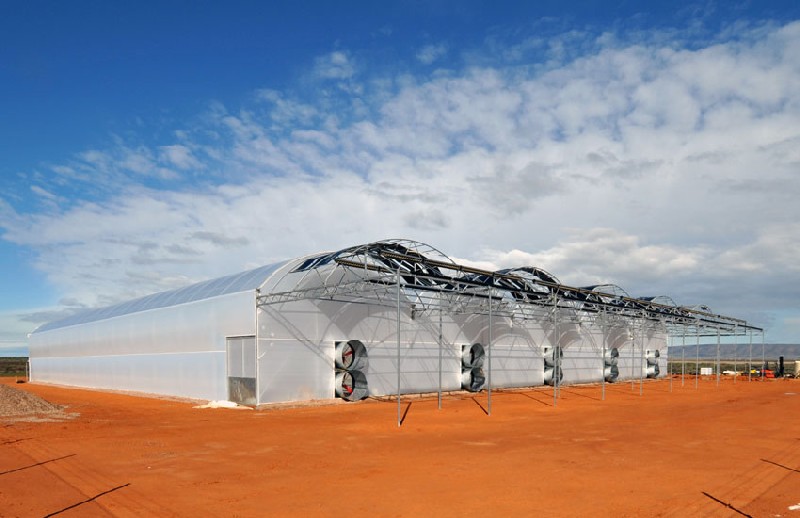
The complex is powered by 23,000 solar panels located on a tower standing 115 meters tall. Under optimal conditions (cloudless and dry weather), the setup generates about 39 MW of electricity daily, ensuring ample supply for all farm operations. Surplus energy and water are stored to constitute around 15% of Sundrops Farms' resource requirements.
Financial Aspect
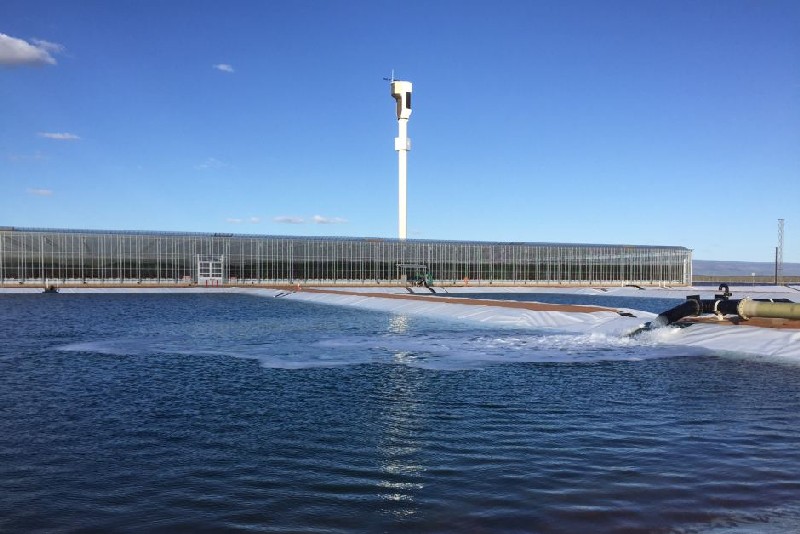
Approximately $200 million was invested in the project's construction, nearly double the cost of a conventional hydroponic greenhouse installation. However, Sundrops Farms' creators assure that the methodology of cultivating tomatoes solely with seawater and solar energy will yield significant long-term returns by eliminating the need for fossil-fuel-based electricity production.
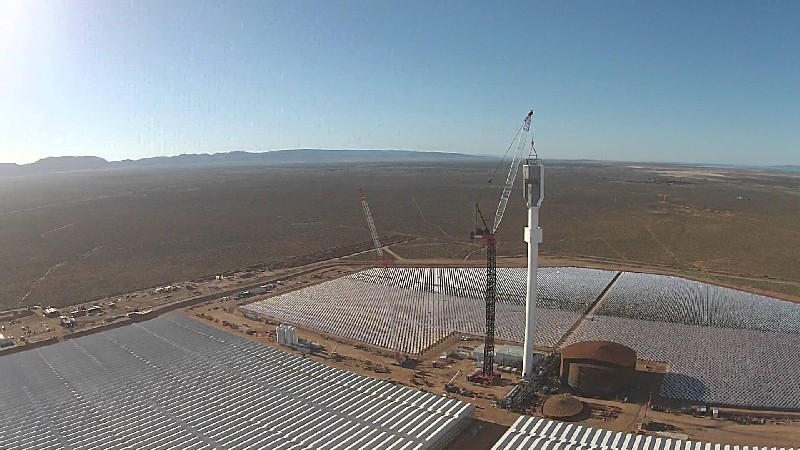
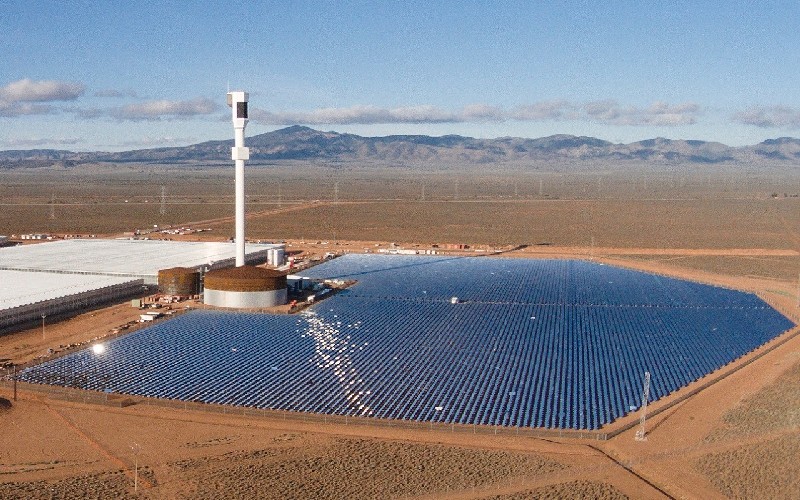
For an extended period, tomatoes produced at the complex have been distributed in hundreds of stores and through online platforms.
Future Prospects
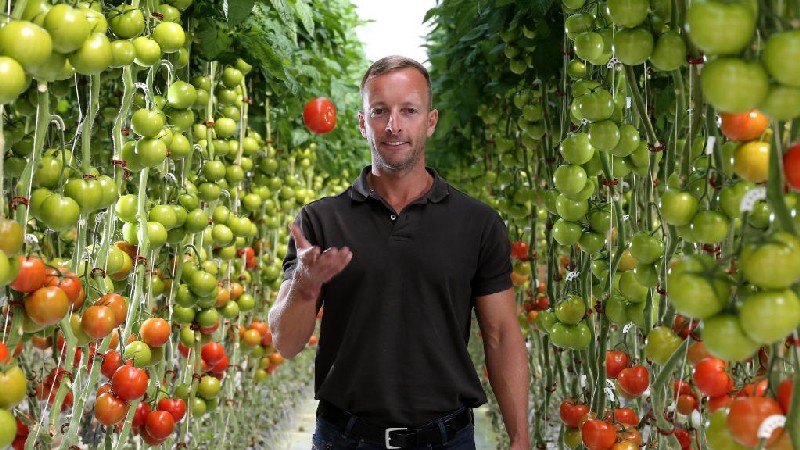
The development company is currently exploring the establishment of similar farms in Europe and the state of Tennessee, USA. A new agricultural complex has already been launched in Portugal. The company's leadership emphasizes a commitment to minimizing the use of depletable materials and focusing on sustainable technologies.
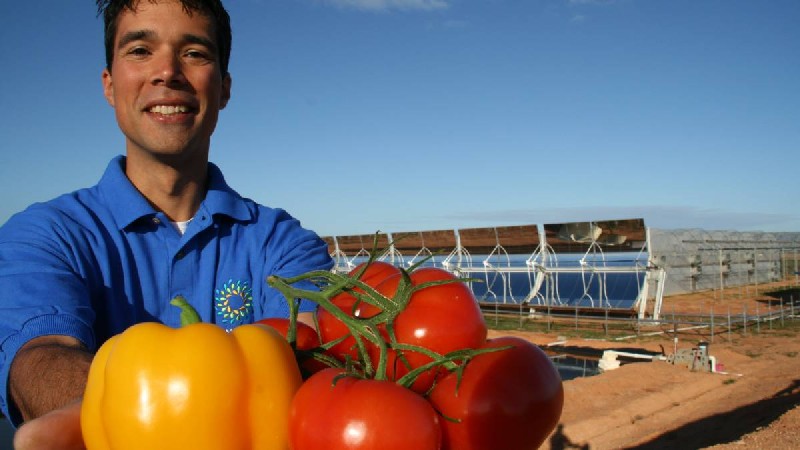
Despite the numerous benefits of this cultivation method, environmental advocates express concerns about its ecological impact. Particularly worrisome is the substantial energy required for desalination and the discharge of highly salty waste into the ocean after the process. However, the developers claim to address this issue by blending the salty brine with less saline water in specialized tanks before discharge, ensuring an acceptable salinity level in the effluent.
Don't forget to share this content with friends on social media to gauge their interest in this innovative vegetable cultivation method.
💡 Want more business insights? Stay ahead of the curve with our exclusive updates!
👉 Join our Telegram channel for daily business ideas and expert tips.
👉 Follow us on Facebook to never miss a trend or update!
Don’t just read—connect, grow, and innovate with us today!





































.jpeg)













Note: Comments are being moderated and may take a while to appear. There is no need to resubmit your comment.